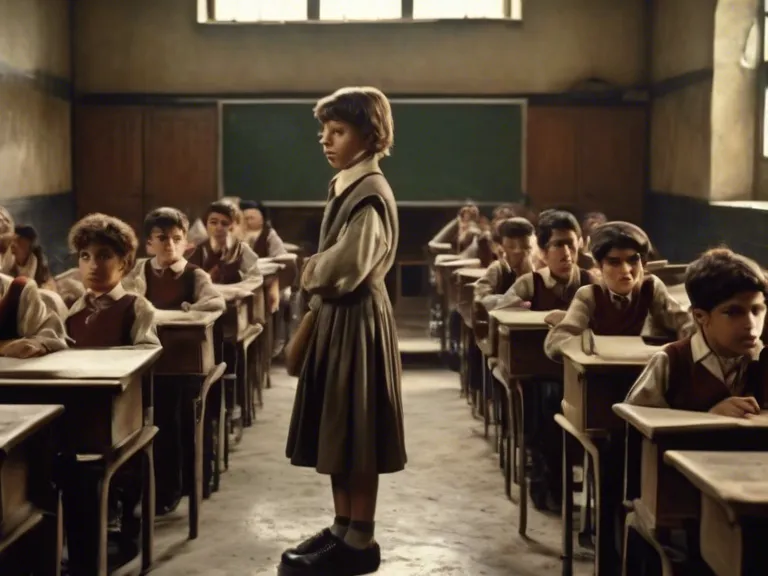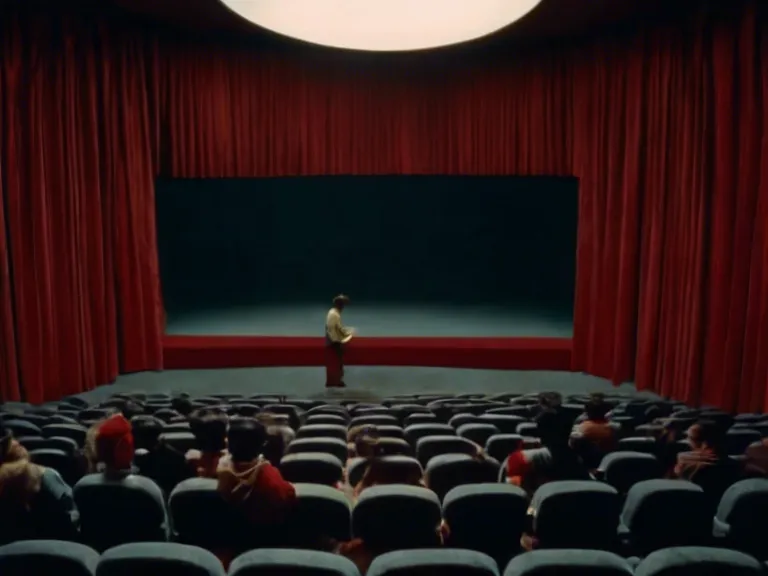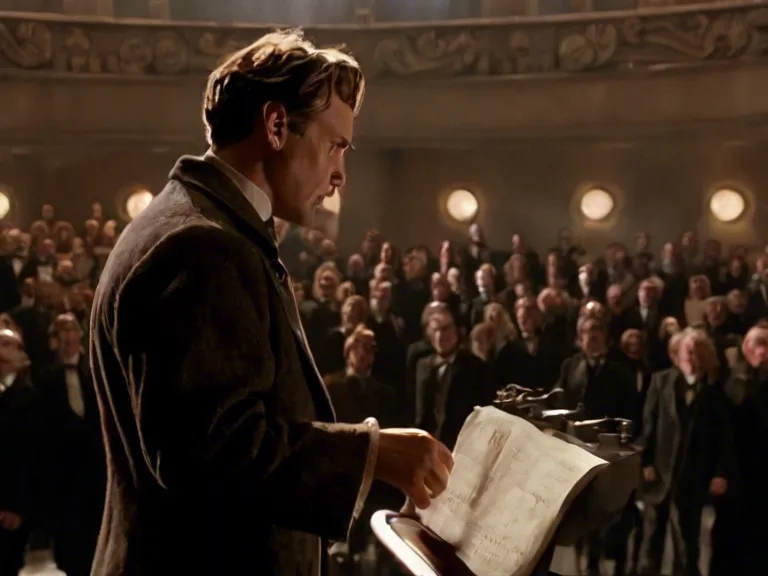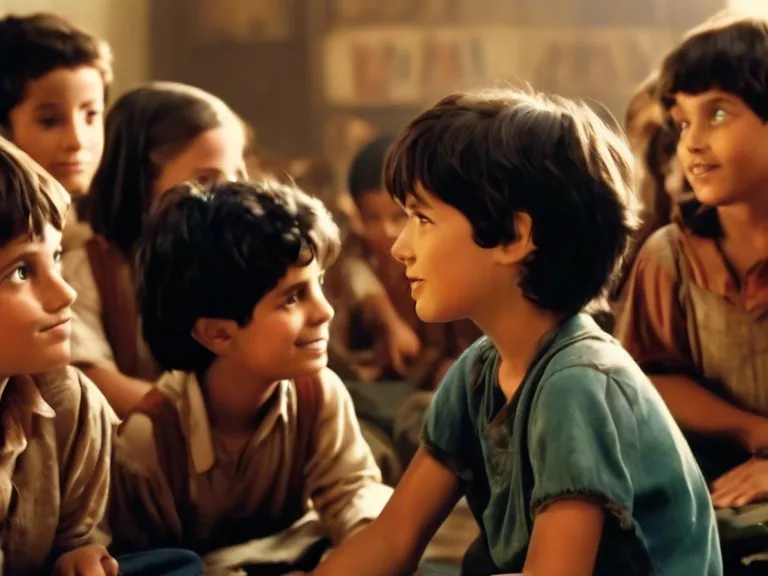
Education systems are a common theme in film, often serving as a backdrop for character development and plot progression. From inspirational teachers to rebellious students, the portrayal of education in cinema can vary greatly. In this article, we will explore how education systems are depicted in film and the impact they have on the overall narrative.
One common trope in films about education is the inspirational teacher who goes above and beyond to reach their students. Films like "Dead Poets Society" and "Stand and Deliver" show teachers who defy conventional teaching methods and inspire their students to think critically and pursue their passions. These characters often serve as mentors and role models, challenging the status quo and encouraging their students to question authority.
Conversely, there are also films that highlight the flaws and inequalities within education systems. Movies like "Dangerous Minds" and "Freedom Writers" shed light on the challenges faced by educators in underprivileged communities, where resources are scarce and students face significant obstacles. These films often depict the struggles of both teachers and students as they navigate a system that is failing them.
In addition to individual stories, education systems as a whole are often portrayed in film as bureaucratic and restrictive. Films like "The Breakfast Club" and "Mean Girls" explore the social dynamics of high school and the pressures faced by students to conform to societal norms. These movies emphasize the importance of identity and self-expression in a system that can be alienating and isolating.
Overall, the portrayal of education systems in film serves as a reflection of society, highlighting both the triumphs and challenges of the educational experience. Whether showcasing inspirational teachers, systemic inequalities, or social dynamics, these films provide insight into the complexities of education and the impact it has on individuals and communities.


